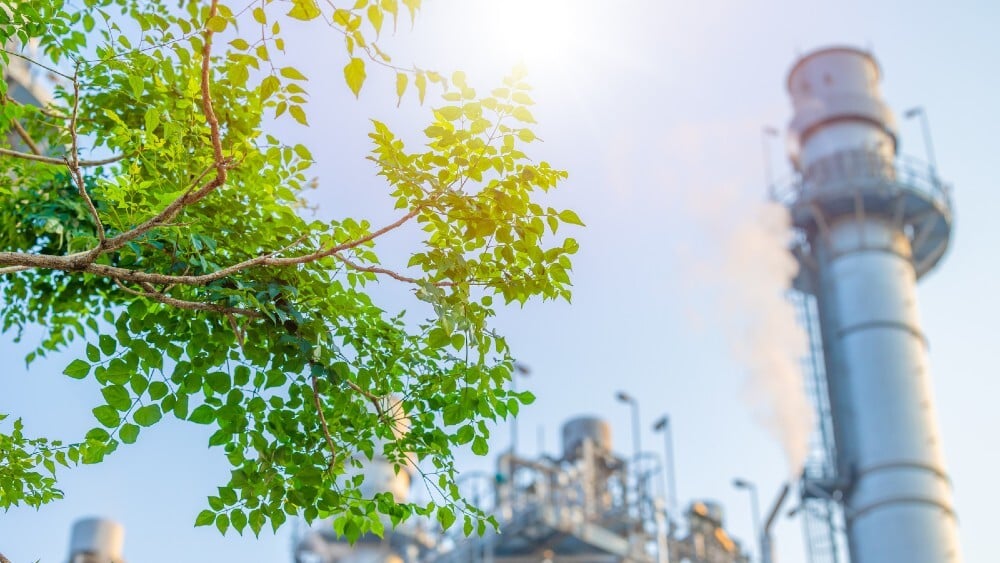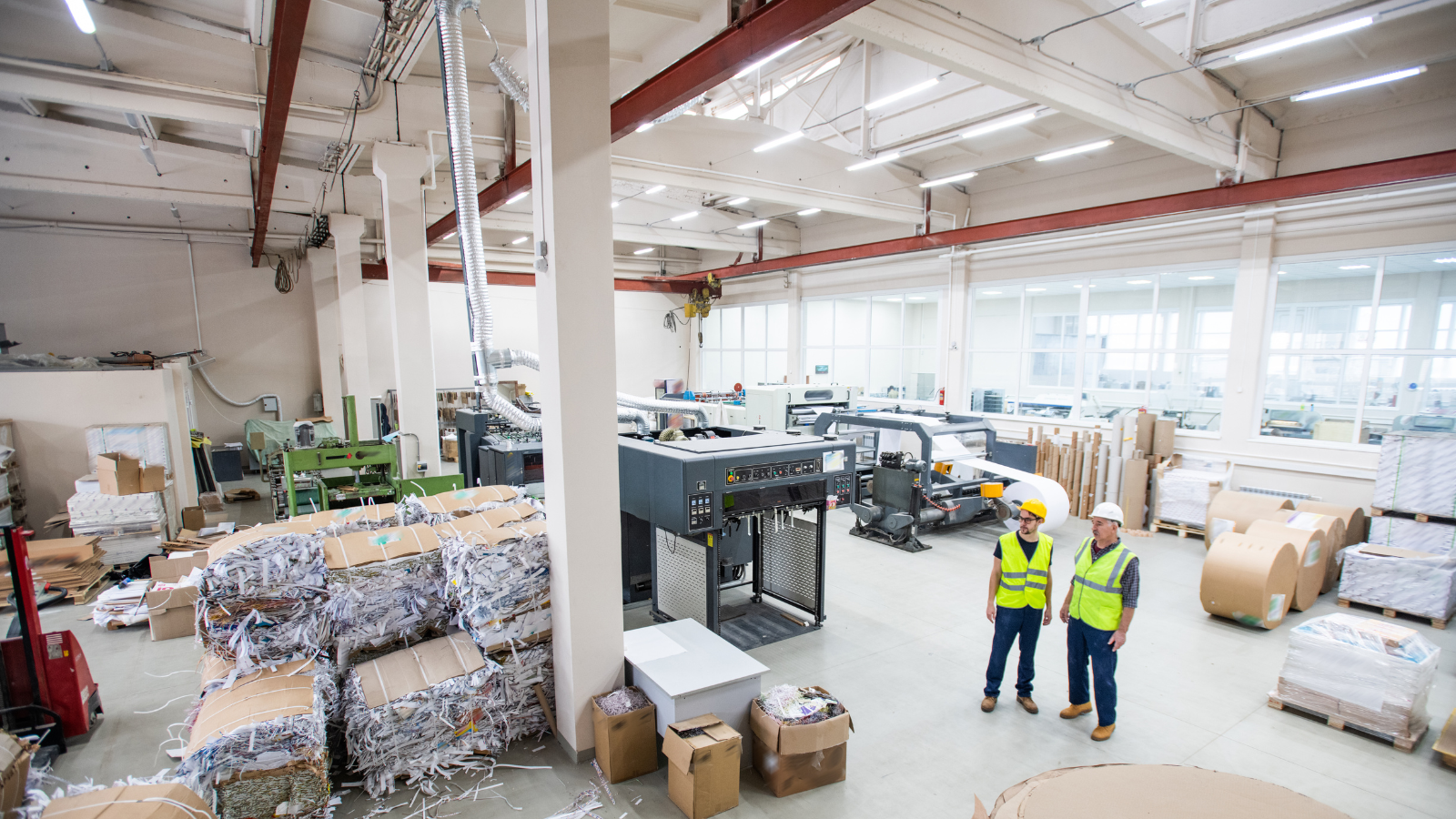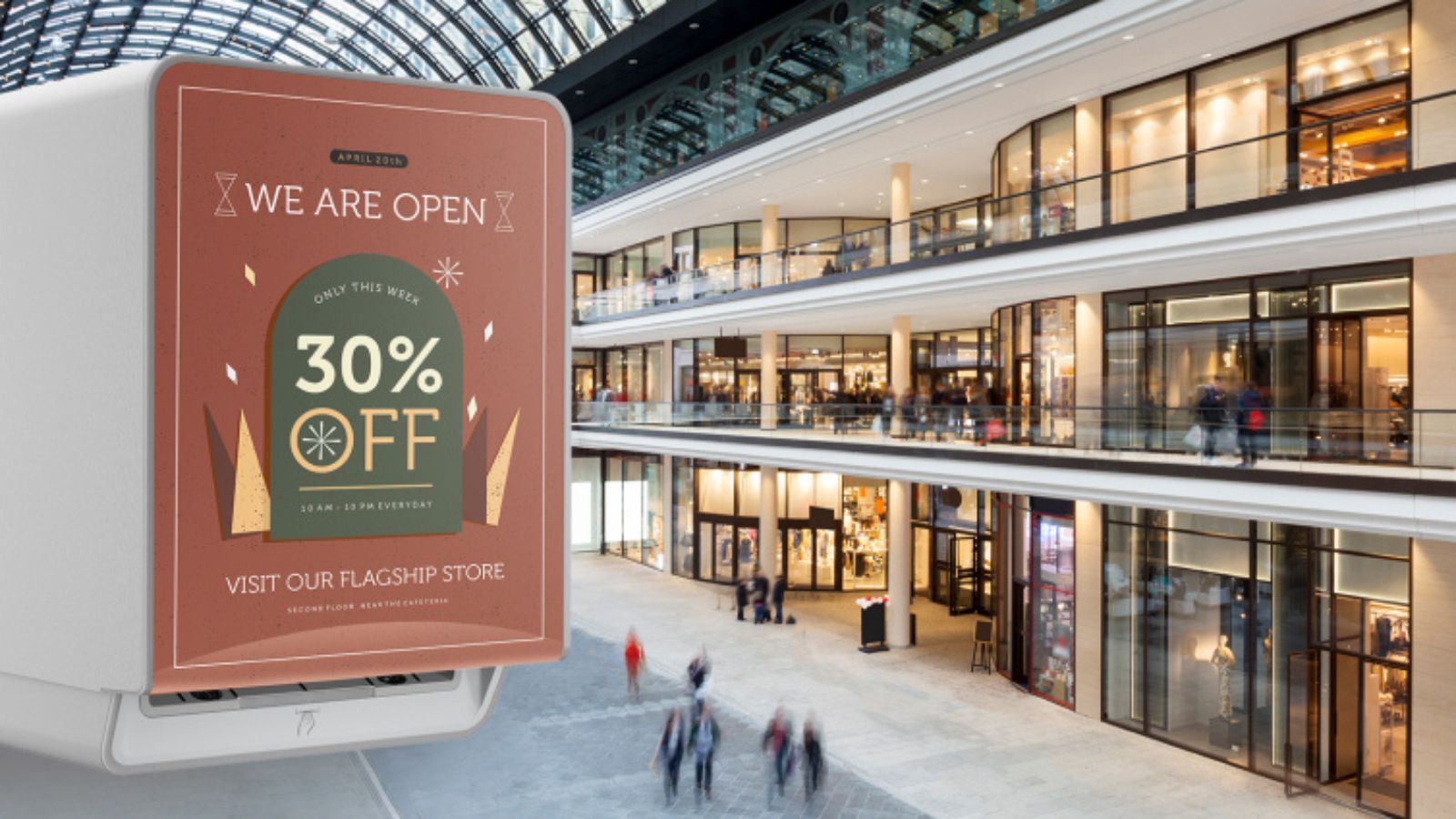Last Updated APRIL 2025
Manufacturing sector: how to build resilience and growth

A shift in geopolitics and global supply chain dynamics have redefined manufacturing processes and operational strategies. In the face of trade uncertainty and political tensions in some corners of the globe, many companies have had to re-evaluate their global supply chains. According to Gartner, while many of them still value Chinese and Asian markets, most are looking to change how and from where they source goods, ingredients and services1 in an attempt to build a more resilient, agile, and sustainable supply chain.
Meanwhile, the use of Internet of Things, artificial intelligence and advanced robotics is revolutionising the industry, with more and more manufacturers looking to digital solutions to make it easier, faster and more cost efficient to create products. According to McKinsey, digital transformation in manufacturing could contribute up to $3.7 trillion to global economic growth by 2025,2 presenting a wealth of opportunities to improve productivity and efficiency, while fostering innovation within the sector.
With more consumers demanding more ethically produced goods, manufacturers are ramping up their efforts to be more sustainable – not only in reducing the amount of energy they use or waste they generate, but also in making better use of natural resources such as water. Adopting circular economy principles – to reuse or repurposed materials that might otherwise be thrown away – could generate $4.5 trillion in economic benefits by 2030, according to Accenture.3 Kimberly-Clark Professional’s RightCycle™ Programme is a good example of what is possible. Providing closed-loop recycling services for hard-to-recycle products such as old cleaning-wipe or hand-towel dispensers, and used hand towels, the programme is helping companies to completely divert waste from landfill or incineration.
There is also increasing pressure for manufacturers to be more transparent on their sustainability performance. “Apart from increasing legislative compliance requirements, the biggest driver for change that we are seeing comes from the pressure being applied on suppliers to report on and demonstrate targeted reductions in their carbon footprint,” says Alan Stenson, CEO of Neutral Carbon Zone. “It is no longer acceptable to simply tick a box; suppliers are now being asked to demonstrate their journey to net zero, but in a much more client-specific manner.”
Stenson is working with a number of janitorial supplies distributors to establish a working intensity metric to ensure any client purchasing from them will understand the specific emissions associated with their spend per category of product. “They will then be able to make informed decisions on their ordering and delivery profiles to ensure cost effective and environmentally responsible purchasing.”
At Kimberly-Clark Professional, we are continuously working to reduce the greenhouse gas (GHG) emissions associated with making our products. By reducing our Scope 1 and 2 GHGs, we are helping our customers reduce their Scope 3 GHGs. This includes the GHGs connected to everything from the raw materials we use to manufacture our products to the packaging and shipping.
Overall, the evolving nature of manufacturing also requires a skilled and adaptable workforce. Manufacturers will need to address the skills gap, encourage workforce development and promote learning initiatives if they are to create a talent pool of people capable of leveraging emerging technologies and dealing with sustainability impacts.
It is a challenge that extends to the cleaning and facilities management functions on production floors. The situation will hopefully be addressed by the incoming cleaning apprenticeships which will offer more appreciation of a skilled labour force, says Lynne Webster, a consultant for the cleaning and facilities management industries at LWC Ltd. “Recognising the skills of cleaning will support the recruitment challenge being faced,” she says.
Many companies, like Siemens Energy, are embracing agile methodologies in their operations to deliver the best possible products and solutions to customers worldwide, and to increase efficiency and reduce waste. At Kimberly-Clark Professional, we understand that manufacturers with multiple product changeovers require consistently top-quality cleaning at a higher frequency to avoid cross-contamination and poor product finishes. Siemens Energy chose the WypAll® Forcemax™, industrial cloths which are designed to cope with tough wiping tasks, absorbing 40% more oil, five times faster than rags or laundered cloths. “The product has proved very successful in supporting a reduction in paper product usage and personnel exposure to contaminants during cleaning operations in the engineering environment,” says Gael Hanson, Principal HSE Engineer at Siemens Energy.
Venesa Coodien, the managing director of Right FM, says companies must “improve flexibility in work arrangements, enhance healthcare services and protocols, increase their emphasis on cleanliness and hygiene and streamlined manufacturing operations”.
“But there are lots of opportunities for automation and digital transformation to enhance productivity and efficiency in manufacturing,” she adds.
The manufacturing sector is at a pivotal juncture but by adopting more resilient and sustainable ways of maintaining their operations, companies across the sector have multiple opportunities to cut costs, save on resources and win new, environmentally conscious customers.
1 https://www.gartner.com/en/newsroom/press-releases/2022-08-02-gartner-survey-reveals-51-percent-of-supply-chain-leaders-increased-the-number-of-network-locations-in-the-past-two-years
2 https://www.mckinsey.com/industries/industrials-and-electronics/our-insights/capturing-value-at-scale-in-discrete-manufacturing-with-industry-4-0
3 https://newsroom.accenture.com/news/2015/the-circular-economy-could-unlock-4-5-trillion-of-economic-growth-finds-new-book-by-accenture



















